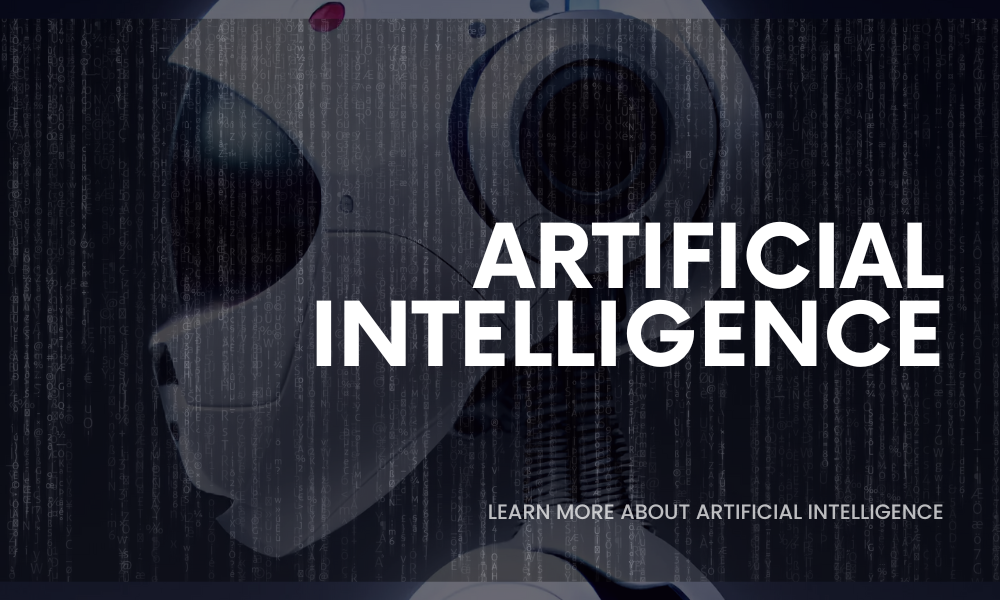Artificial Intelligence (AI) is transforming our world at an astonishing pace. From voice assistants that help us manage our daily tasks to advanced medical diagnostics that can predict diseases, AI’s potential seems limitless. However, with great power comes great responsibility. As we develop and deploy AI technologies, we must navigate a complex landscape of ethical implications and challenges to ensure these advancements benefit everyone fairly and justly.
The Promising Future of Artificial Intelligence Software Development
Artificial Intelligence has already shown incredible promise. Imagine a world where doctors can diagnose diseases with pinpoint accuracy, reducing the time and cost of treatment. Picture autonomous cars that drastically cut down on traffic accidents and make our roads safer. Think about personalized learning experiences that cater to each student’s unique needs, making education more effective and enjoyable. These are just a few examples of how AI can revolutionize our lives for the better.
But for all its benefits, AI also raises some pressing ethical questions. How do we make sure AI is fair? How do we protect our privacy? And who is accountable when things go wrong?
Ethical Implications of Artificial Intelligence
1. Bias and Fairness:
AI systems learn from data. If the data they learn from is biased, the AI will be biased too. This can lead to unfair outcomes, such as facial recognition systems that misidentify people of color more frequently than white individuals. To combat this, developers need to use diverse datasets and create algorithms that detect and correct biases.
2. Privacy and Surveillance:
AI often needs a lot of data to function effectively. This can include personal information, and raising privacy concerns. Smart devices in our homes and social media platforms collect detailed data about us, which can be misused for surveillance or targeted advertising. Ensuring that our data is protected and used responsibly is critical.
3. Autonomy and Control:
As AI systems become more autonomous, it gets harder to determine who is responsible when they fail. If a self-driving car gets into an accident, who is at fault—the car manufacturer, the software developer, or the car’s owner? Clear guidelines and accountability measures are needed to address these issues.
4. Job Displacement and Economic Impact:
AI and automation can lead to job losses, especially in industries reliant on routine tasks. While new jobs will be created, the transition can be tough for workers whose jobs are displaced. It’s important to support retraining and upskilling programs to help these workers find new opportunities.
5. Ethical Decision-Making:
AI systems often have to make decisions that involve ethical considerations. For instance, how should a self-driving car prioritize the safety of its passengers versus pedestrians? Developing AI that can make ethical decisions is complex and requires input from ethicists, technologists, and the public.

Challenges in Artificial Intelligence Development
1. Technical Complexity:
Creating AI systems that are fair, transparent, and reliable is no small feat. Developers must ensure these systems can explain their decisions and perform well under a variety of conditions, which is a significant technical challenge.
2. Regulatory Landscape:
AI regulation varies across the globe, creating a challenging environment for companies operating internationally. Balancing innovation with the need for regulation to protect public interests requires international cooperation and thoughtful policymaking.
3. Interdisciplinary Collaboration:
Ethical AI development needs collaboration across disciplines—technologists, ethicists, policymakers, and others must work together. This helps to create solutions that are technically sound, ethically grounded, and socially beneficial.
4. Public Perception and Trust:
For AI to be widely adopted, the public needs to trust it. This means being transparent about how AI works, clearly communicating its benefits and risks, and engaging with the public to address their concerns. Misinformation and fear can hinder AI’s acceptance and potential.
Moving Forward: Recommendations
1. Ethical Guidelines and Standards:
Adopting ethical guidelines and standards for Artificial Intelligence development is crucial. Organizations like the IEEE and the European Commission have created frameworks that should be integrated into Artificial Intelligence development processes to ensure ethical outcomes.
2. Inclusive and Diverse Teams:
Diverse development teams can help create AI systems that are more equitable. Different perspectives lead to more innovative solutions and help address the needs of various user groups more effectively.
3. Ongoing Education and Training:
Continuous education and training in AI ethics are essential for developers, policymakers, and other stakeholders. This ensures that ethical considerations are always at the forefront of AI development.
4. Collaborative Governance:
Collaborative governance models that involve government, industry, academia, and civil society can help navigate the ethical landscape of AI. These models should promote transparency, accountability, and public engagement.
5. Research and Innovation:
Investing in research to develop methods for creating fair, transparent, and accountable AI systems is crucial. This includes finding technical solutions for bias mitigation, explainability, and robust AI behavior (artificial intelligence development companies).
Conclusion
The development of Artificial Intelligence software brings exciting possibilities but also significant ethical implications and challenges. By prioritizing fairness, privacy, accountability, and inclusivity, and fostering interdisciplinary collaboration and robust governance, we can ensure that AI technologies are developed and used responsibly. The journey towards ethical AI is ongoing, requiring continuous reflection, dialogue, and action from all stakeholders involved. Let’s work together to harness AI’s potential for the greater good with artificial intelligence software development.










